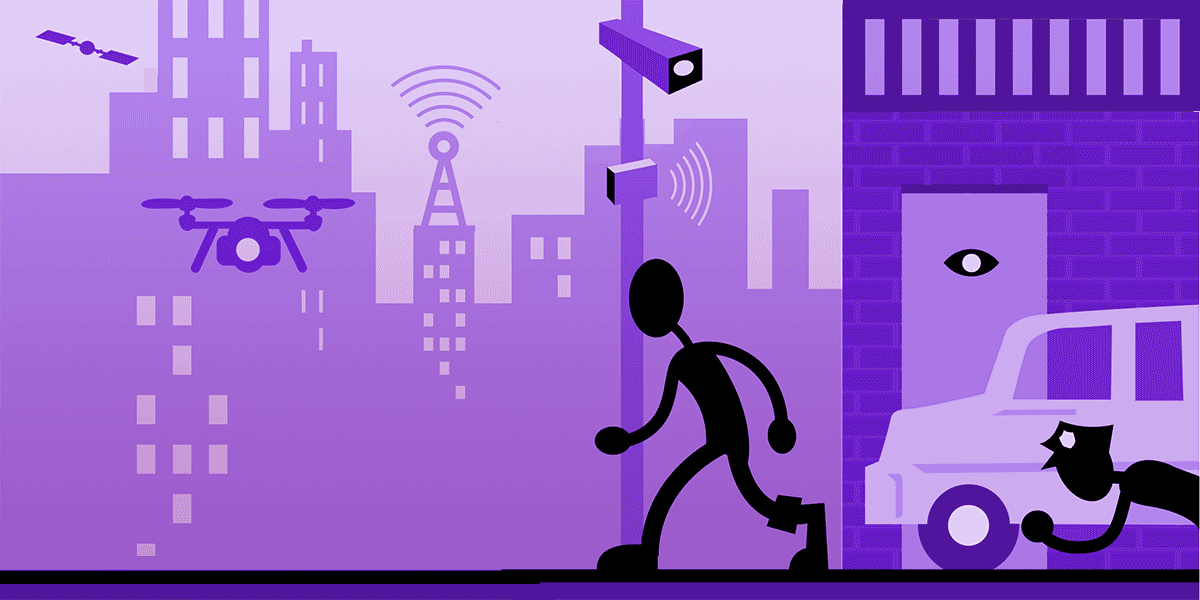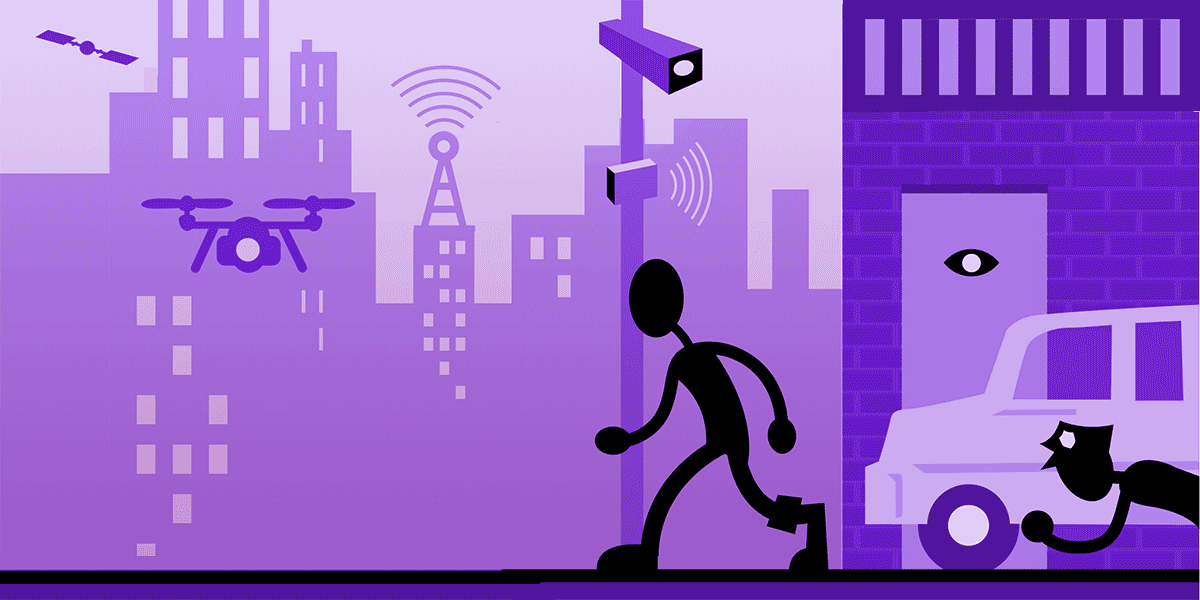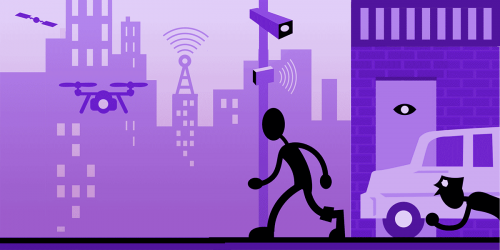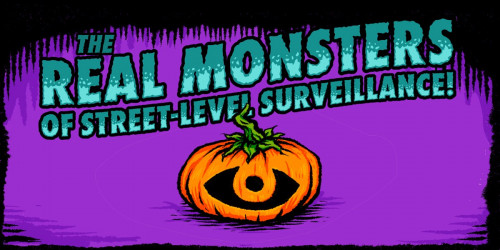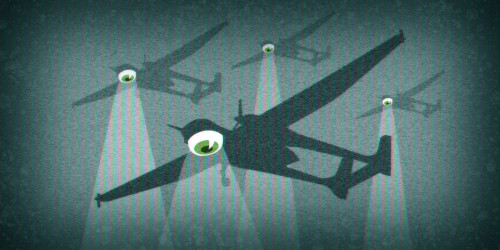A large coalition of community and civil rights organizations have sent a letter urging the San Francisco Board of Supervisors to oppose or significantly amend a San Francisco Police Department (SFPD) proposal that would drastically increase their surveillance powers— threatening the privacy and safety of San Franciscans.
The SFPD’s proposal would give the police the ability to access thousands of private surveillance cameras—including those outside of residences and businesses, as well as the massive surveillance networks of the many Business Improvement Districts and Community Benefit Districts in various neighborhoods around the city. Currently, police can only request historical footage from these cameras related to incident reports with specific times and locations. But this new proposal would give police the power to live monitor “significant events”—defined to include any “large or high-profile event,” implicating people exercising their First Amendment rights during protests or religious gatherings. This concern is far from hypothetical: EFF and the ACLU of Northern California sued the city after SFPD used a business district’s camera network to live-monitor protests for 8 days following the police murder of George Floyd in the summer of 2020.
The proposal would also allow for live surveillance for any ongoing felony or misdemeanor violation. This vague and expansive language would make thousands of San Franciscans engaging in everyday activities vulnerable to vast new police surveillance, and would further criminalize communities of color, activists, immigrants, and LGBTQ people.
As the coalition writes:
If the SFPD asked the city to buy thousands of new cameras for live surveillance, residents and the Board would be rightly alarmed. SFPD’s proposal to exploit private surveillance cameras should be met with the same skepticism.
The letter further points out that the proposal:
- Permits the SFPD to request camera footage from a private camera owner that it believes to be relevant to a criminal investigation, but places no limits on how much video SFPD can obtain, and allows SFPD to retain such footage for two years.
- Allows the SFPD to share camera footage with out-of-state and federal law enforcement agencies for criminal or administrative investigations—a particularly concerning prospect in a post-Roe
- Fails to define any process by which an officer will request access or obtain meaningful consent from a private camera owner, incentivizing unvetted or coercive requests.
Three years ago, EFF joined a coalition of community groups to pass the city’s landmark Surveillance Technology Ordinance, which, among other things, empowers the Board of Supervisors, with public input, to decide whether and under what circumstances city agencies may acquire and use surveillance technology. Earlier this year, this coalition led the fight against a dangerous ballot initiative that would have gutted this landmark piece of privacy legislation. Now our privacy is under attack again.
We are asking for friends of EFF and defenders of privacy and civil rights and to stand together and oppose the vast new video surveillance powers sought by the SFPD.
